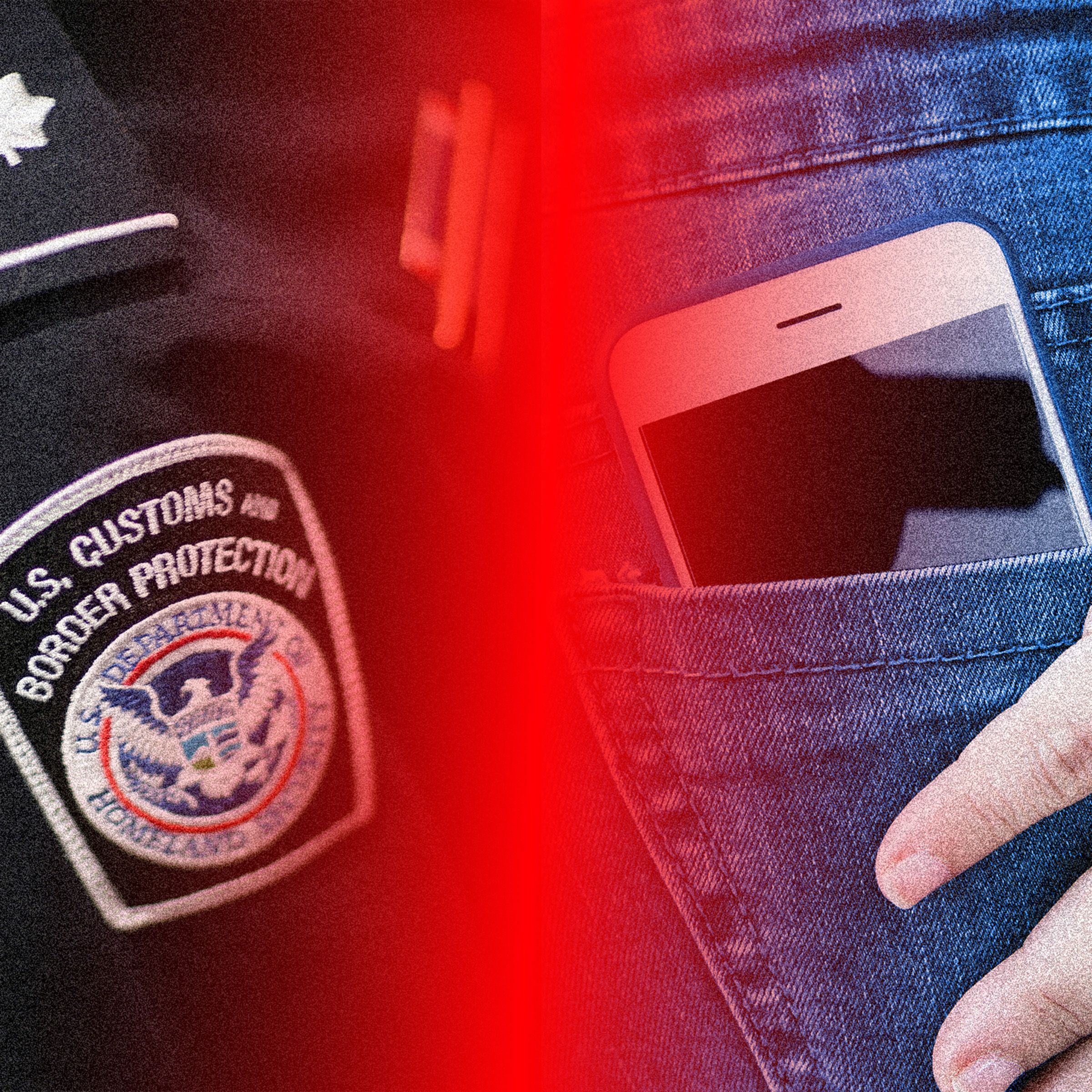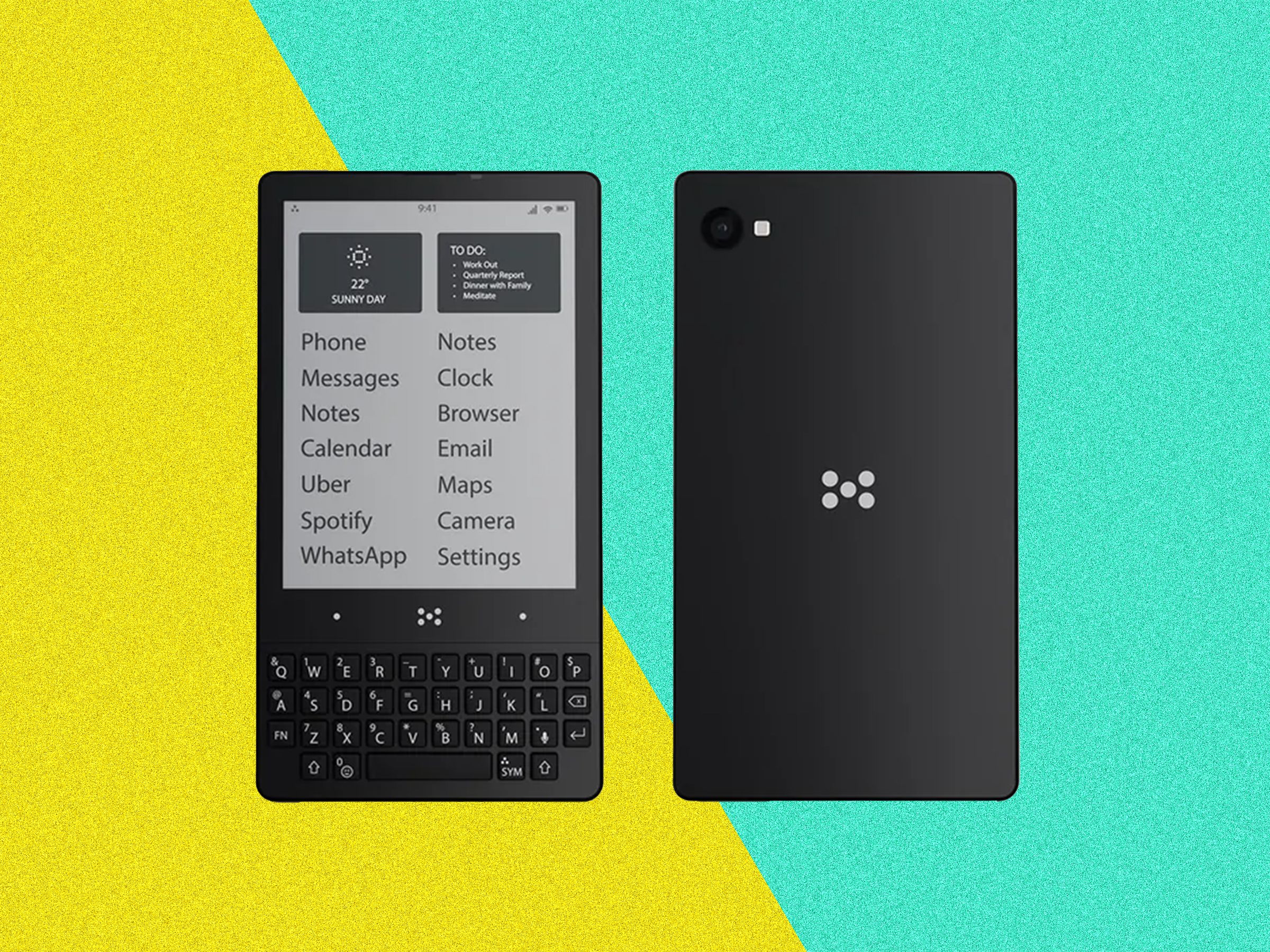How to Protect Yourself From Phone Searches at the US Border
2 min readHow to Protect Yourself From Phone Searches at the US Border
Traveling to the United States can be an exciting experience, but it's important to be aware of your rights when...

How to Protect Yourself From Phone Searches at the US Border
Traveling to the United States can be an exciting experience, but it’s important to be aware of your rights when it comes to protecting your privacy at the border. One issue that has become increasingly common is the search of electronic devices, such as phones, by customs officials.
It’s important to note that customs officials have broad authority to search electronic devices at the border, including cell phones and laptops. However, there are steps you can take to protect your privacy and data during these searches.
One option is to limit the amount of personal information stored on your phone. Consider deleting sensitive information or using encryption tools to secure your data. You can also backup your data and store it online in a secure cloud storage service.
Another option is to use a burner phone while traveling. A burner phone is a cheap, prepaid device that you can use temporarily and discard after your trip. This can help prevent customs officials from accessing your personal information.
If you are asked to unlock your phone for inspection, you have the right to refuse. However, refusal may lead to further questioning or detention. It’s important to weigh the risks and decide what is best for you in each situation.
Consider also informing customs officials that your device contains sensitive information, such as attorney-client privileged communications or personal photographs. This may help protect certain types of data from being searched.
Remember that customs officials are not allowed to delete any of your data without a warrant. If you suspect that your rights have been violated during a search, it’s important to document the incident and seek legal advice.
By taking these precautions and being aware of your rights, you can help protect yourself from invasive phone searches at the US border. Remember to stay informed and be proactive in safeguarding your privacy while traveling.





